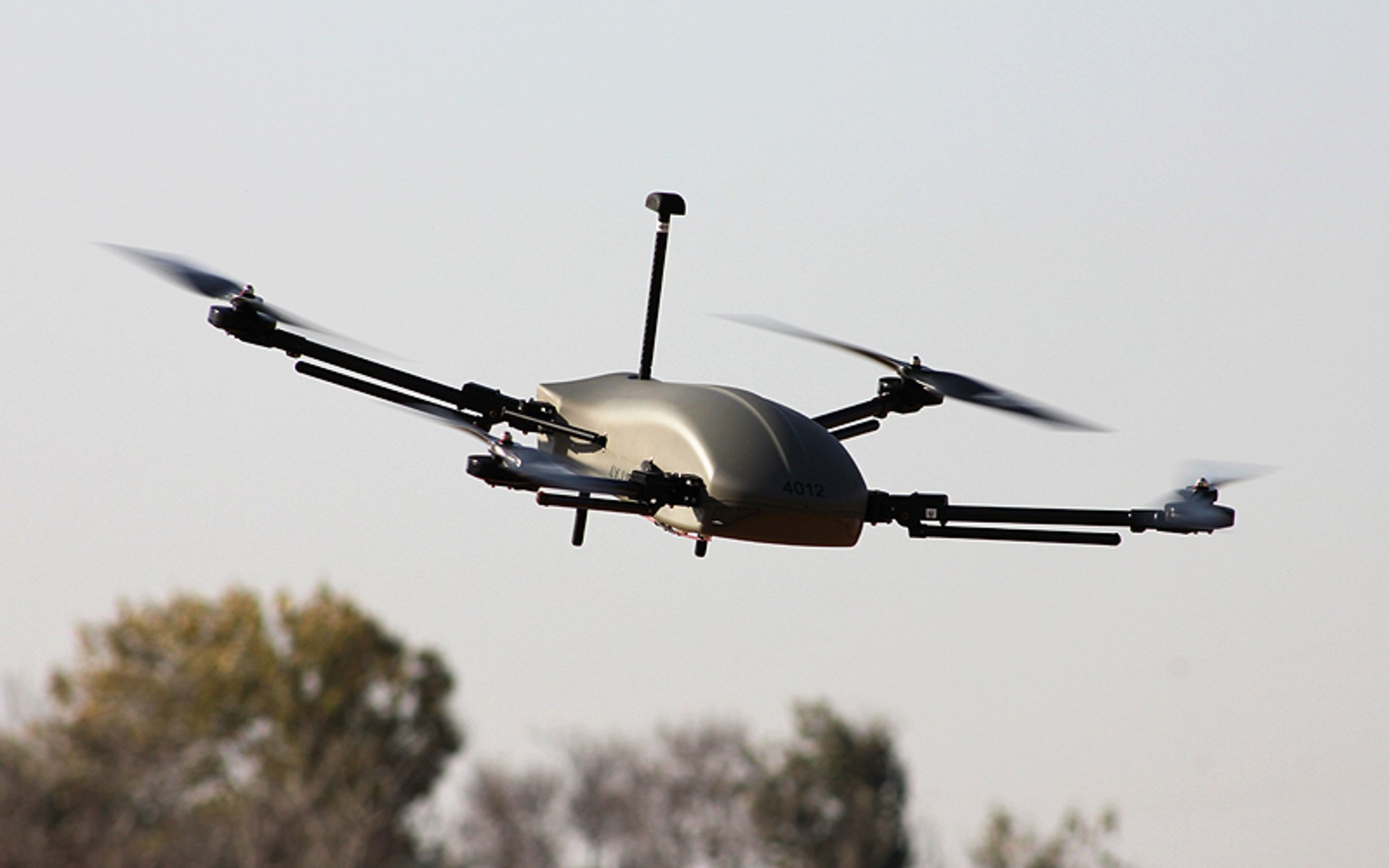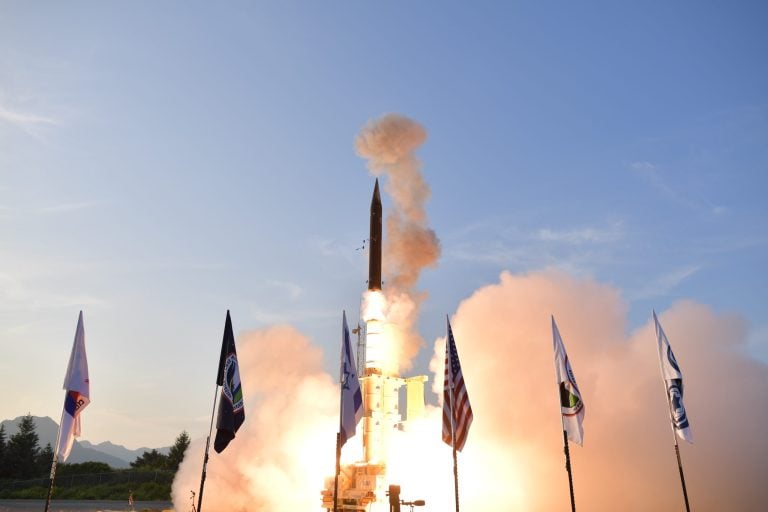The US Army has engaged Maryland-based defense contractor Mistral Inc. with a substantial contract valued at $982 million, aimed at enhancing the military’s capabilities in unmanned systems. This move underscores the Pentagon’s increasing dependence on drones as a vital component of future combat operations.
Mistral, while smaller in stature compared to industry giants such as General Atomics and Northrop Grumman, has successfully established itself within the defense sector by specializing in loitering munitions and various drone technologies. The company’s offerings are strategically designed to equip frontline units with precise strike abilities, minimizing risks to pilots and conventional aircraft.
The recent contract is structured as a hybrid cost-no-fee and firm-fixed-price agreement, with its duration extending through September 2030. Notably, this contract was awarded on a sole-source basis, leveraging the “public interest” provision of federal acquisition law. This path allows for procurement without the competitive bidding process, typically reserved for situations where competition is deemed impractical.
Although specific systems under this contract have not been publicly identified, the deliveries are anticipated to align with the Army’s modernization goals and contribute to joint force initiatives. The award is particularly significant in light of the Pentagon’s ongoing efforts to expand its capabilities in unmanned technology.
In 2023, the Pentagon initiated the Replicator program, aiming to deploy thousands of unmanned systems to effectively counter the rising military capabilities of China. The program underwent a second iteration in October 2024, emphasizing the development of cost-efficient solutions.
As the reliance on lethal drones continues to grow, the contract with Mistral reflects a broader trends in modern warfare. The conflict in Ukraine has clearly demonstrated how affordable, small unmanned systems can effectively target armored vehicles, artillery, and supply lines, providing a more economical alternative to traditional weaponry. This evolving landscape positions Mistral and similar companies as critical players in the future of military operations.
















